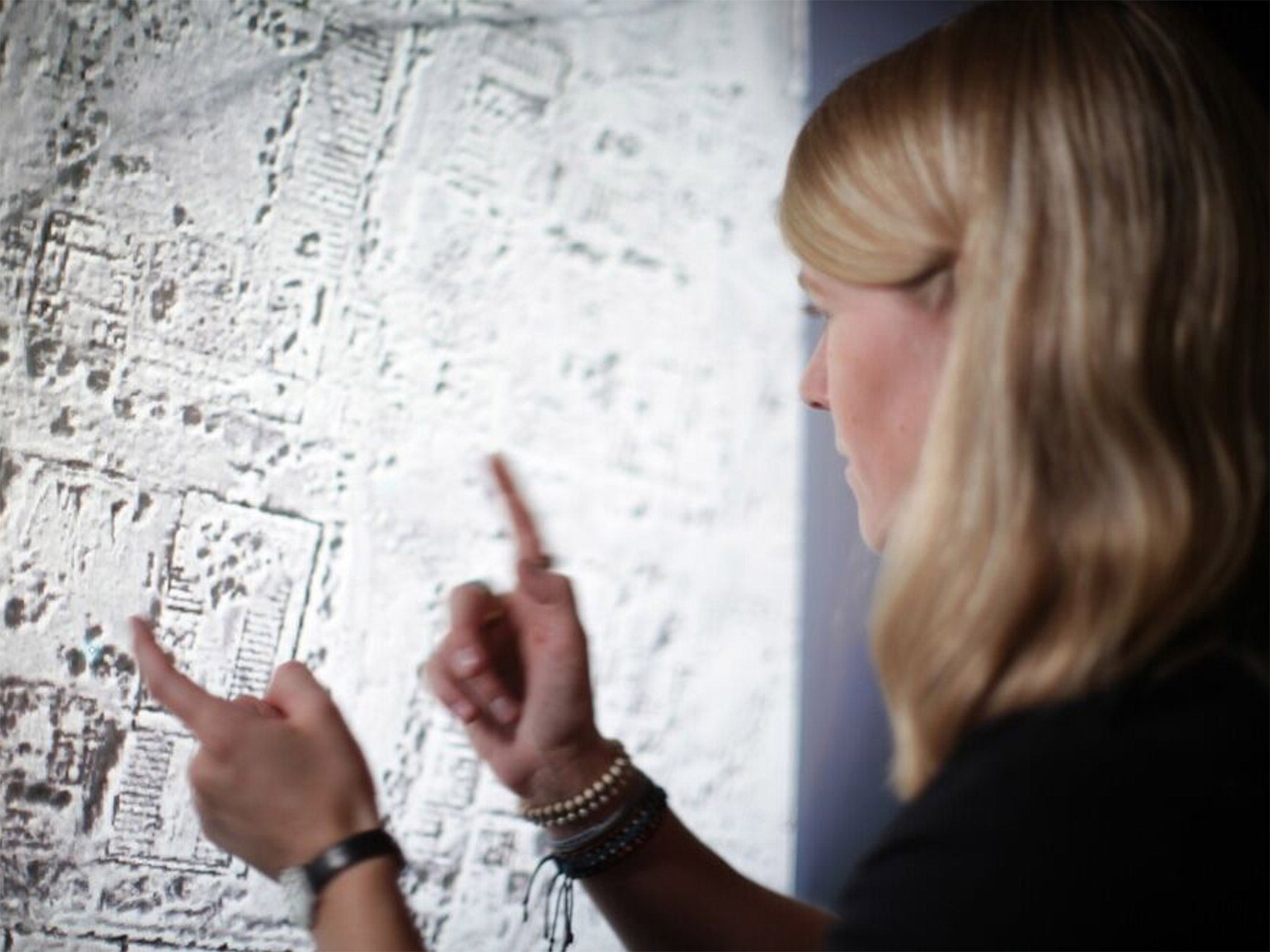'Real-life Indiana Jones' Sarah Parcak announced as 2016 TED Prize winner
US archaeologist is recognised for her work tracking down antiquities and combating looting from ancient sites

Mapping out her next adventure?
Sarah Parcak will have to carve out some time in her schedule to pick up an award. The US archaeologist, dubbed the ”real-life Indiana Jones”, has been announced as the 2016 TED Prize winner for her work tracking down antiquities and combating looting from ancient sites using infrared satellite imagery.
How does one go about becoming a real-life Indiana Jones?
The Egyptology specialist is associate professor of anthropology and director of the Laboratory for Global Observation at the University of Alabama at Birmingham in the US. She is credited with helping to map 17 potential pyramids, 1,000 tombs and 3,100 unknown settlements in Egypt. She and her team have also discovered ancient sites in Europe, the Mediterranean and North America.
She must be delighted to have her achievements recognised.
In a statement Ms Parcak said: "I am honoured to receive the TED Prize, but it's not about me; it's about our field - and the thousands of men and women around the world, particularly in the Middle East, who are defending and protecting sites.”
Is it a prestigious award?
You could say that. Previously winners include Bono, Bill Clinton and Jamie Oliver. Ms Parcak has been rewarded for her contribution to the preservation of historic sites with $1m (£660,000) of funding.
What will she do with the money?
Ms Parcak plans to use it to continue her work repairing the damage of the past four-and-a-half years, which she said had been "horrific for archaeology” due to excessive looting around historic sites and violence in the Middle East. She will unveil her plans in further detail in February 2016.
She sounds like a deserving winner.
"At a moment when so many ancient sites are under threat -– and being destroyed –- it feels particularly poignant that we are awarding the TED Prize to a brilliant mind, committed to finding, sharing and protecting these gems," said TED Prize director Anna Verghese.
Subscribe to Independent Premium to bookmark this article
Want to bookmark your favourite articles and stories to read or reference later? Start your Independent Premium subscription today.

Join our commenting forum
Join thought-provoking conversations, follow other Independent readers and see their replies